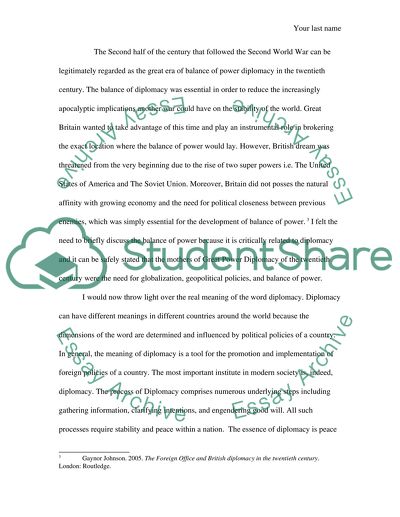Cite this document
(“Great Power Diplomacy in the Twentieth Century Essay”, n.d.)
Great Power Diplomacy in the Twentieth Century Essay. Retrieved from https://studentshare.org/history/1400736-great-power-diplomacy-in-the-twentieth-century
Great Power Diplomacy in the Twentieth Century Essay. Retrieved from https://studentshare.org/history/1400736-great-power-diplomacy-in-the-twentieth-century
(Great Power Diplomacy in the Twentieth Century Essay)
Great Power Diplomacy in the Twentieth Century Essay. https://studentshare.org/history/1400736-great-power-diplomacy-in-the-twentieth-century.
Great Power Diplomacy in the Twentieth Century Essay. https://studentshare.org/history/1400736-great-power-diplomacy-in-the-twentieth-century.
“Great Power Diplomacy in the Twentieth Century Essay”, n.d. https://studentshare.org/history/1400736-great-power-diplomacy-in-the-twentieth-century.


